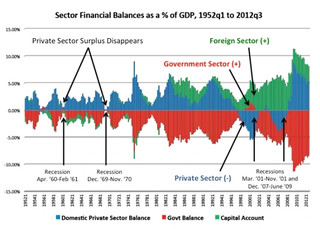After long negotiations and much slicing and dicing, ‘our’ (as in “we the people….”) Senate has passed a ‘thin’ version of the Inflation Reduction Act (as it is titled). Many useful provisions had to be removed in order to get Manchin and Sinema to agree.
Just in case anyone thinks Senators act on behalf of their voters’ interests, this article will enlighten them:
https://www.nytimes.com/2022/08/07/climate/manchin-schumer-pipeline-political-funding.html
Nothing on Sinema yet, but does anyone doubt that her benefactors got their share of perks too?
No wonder the US middle class is in such a pickle. Yet, they keep voting against their own best interests, repeatedly.
Perhaps of interest to US forum members only?
Just in case anyone thinks Senators act on behalf of their voters’ interests, this article will enlighten them:
https://www.nytimes.com/2022/08/07/climate/manchin-schumer-pipeline-political-funding.html
Nothing on Sinema yet, but does anyone doubt that her benefactors got their share of perks too?
No wonder the US middle class is in such a pickle. Yet, they keep voting against their own best interests, repeatedly.
Perhaps of interest to US forum members only?


